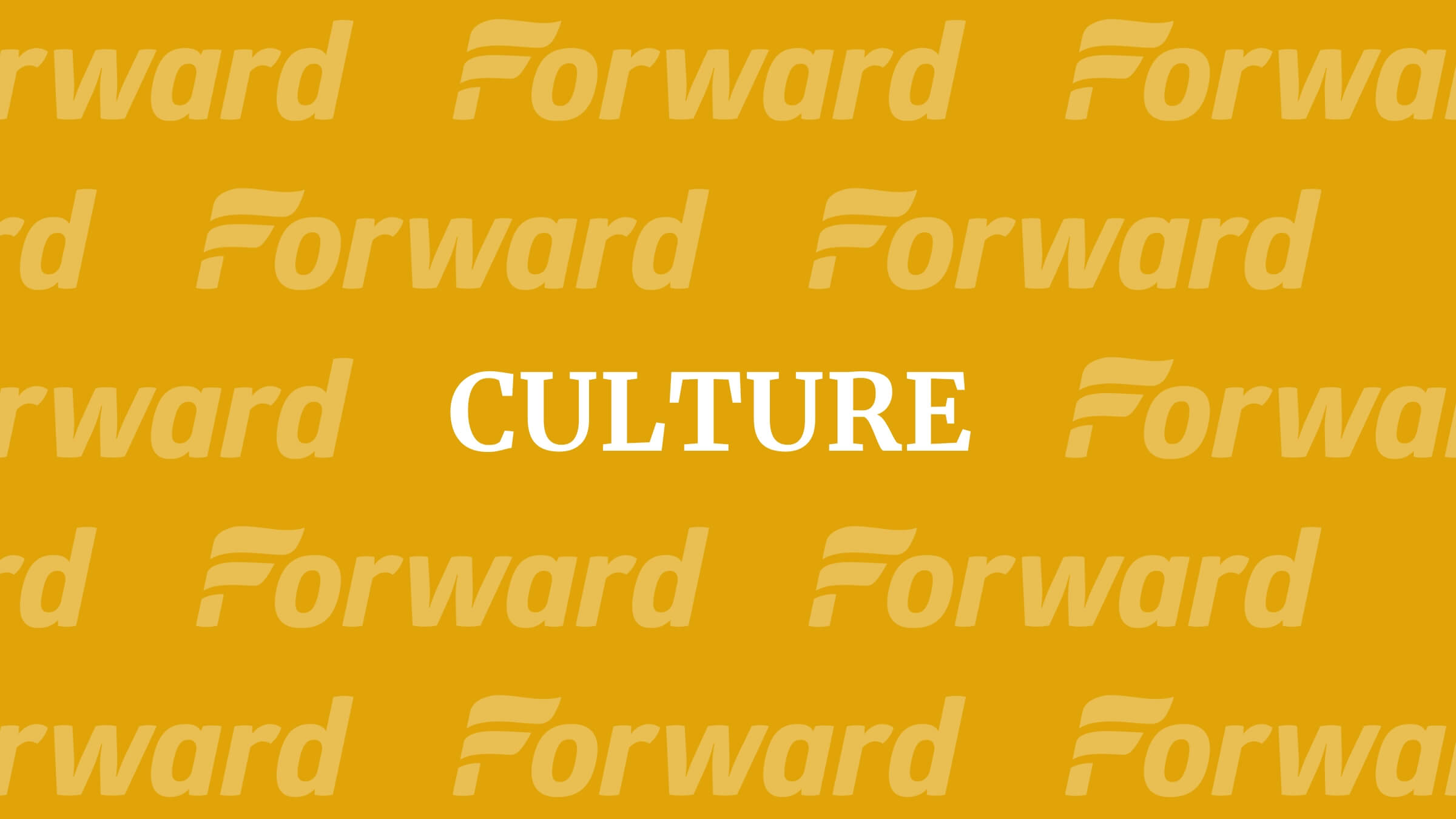Ken Kalfus’ new novel will keep you up at night
In ‘2 A.M. in Little America,’ the author imagines the nation thrown into chaos by civil war

Graphic by Angelie Zaslavsky
I am an avid and dedicated sleeper, and few forces on earth can keep me up to the titular hour of Ken Kalfus’s new novel. But I stayed up all night reading “2 A.M. in Little America” — once I got started, the idea of going to bed without reaching the ending was simply inconceivable.
The novel envisions a near future in which the United States has devolved into civil war, sending civilians — and their animosities — around the world as stateless refugees. Kalfus’ protagonist, Ron Patterson, is one such refugee, an electrician who has spent his entire adulthood migrating from country to country on tenuous visas. Ron hopes to evade the criminal organizations that have followed Americans abroad. But when he falls in love with an enigmatic woman named Marlise, who may or may not be a former classmate turned war criminal, he also becomes involved with a struggle for power between clandestine militias.
Kalfus, the author of several novels including “A Disorder Peculiar to the Country” and “Coup de Foudre,” drew from his own experiences in imagining America’s implosion: He spent several years living in Russia and Yugoslavia with his wife, journalist Inga Saffron, who covered the Yugoslav Wars and the First Chechen War for the Philadelphia Inquirer. He also took inspiration from America’s current partisan divides and the much-lamented rise of misinformation in our political discourse. The Americans Ron meets have wildly divergent understandings of how their civil war came to be; even his own memory is unreliable.
Trick mirrors are big in this novel, available in paperback on September 13, as are doppelgangers: After first spying Marlise in the reflection of a bathroom mirror, Ron encounters her (or women who look like her) everywhere. Is Ron repeatedly meeting the same woman in different disguises, or has his cosmic confusion cost him the ability to distinguish between individuals? That’s not a question Kalfus will answer for you.
I reached Kalfus at his Philadelphia home to chat about this grim (but somehow funny!) novel, his writing routines and the real experiences behind the novel.
What does your writing routine look like?

Right now, I write full time. I have breakfast with my wife, I empty the dishwasher, and work my way up to the office. I still work on a desktop with a program called XyWrite from the 1980s, which shows you how long I’ve been doing this. I turn off my modem when I work, so I don’t have any access to the internet. I get in a game of tennis if I can, but I work until the afternoon or the evening.
On a typical day, are you writing new work or revising?
The first draft, I call it the vomit draft. I don’t look back as I’m writing it. And then I rewrite and rewrite. I just finished a vomit draft of a new novel. It’s very vomitatious. Now I’m going back through it to figure out if it’s savable. There’s some rewriting and some brooding, some note-taking, some secret expressions of disgust.
After every draft, I write myself a letter. It’s a nice letter, a kind letter — it doesn’t say, “Kalfus, you idiot.” It just says what’s working and what’s not working. And as these letters pile up, they get more and more optimistic.
What kind of a reader are you? Do you read things that are related to your current project?
Reading is the most important consistent part of my life. I look forward to it every day and every night. If someone’s written something on an adjacent theme, I will avoid it when I’m actually writing. I do my research on a book after the first draft, because I believe the story is more important than the actual facts. Some of my books are pretty research intensive, but doing research is easier than writing, so I try to write first.
What do you need on hand while you’re writing?
I need a thesaurus. I’m very adamant about using a bound thesaurus, Roget’s International Thesaurus, which organizes synonyms according to theme. It’s much better than alphabetical thesauruses, and the online ones are useless. To find the right word, you really need to find out the adjacent thematic synonyms. My elbow is resting on my Roget’s right now.
You’ve said that the news “feeds” your imagination as a writer. How did that play out with “2 A.M.”?
The current situation we’re in, in this country, the tribalized politics, it’s so painful. We’ve reached a point where objective truth itself is a matter of dispute. That was something that made me think this was a book to be written now. But the basic ideas for the book came from a year I spent in Yugoslavia as it was breaking up. That made a profound impact on me. Yugoslavia was a great country with very decent people, and it had a terrible war with atrocities against civilians, ethnic cleansing, rape as a weapon of war.
What I noticed, traveling in Yugoslavia during the war, is I would meet good people who were living their own tribalized histories. Their perceptions of basic facts were countering each other’s. When you think you know something, and someone who you respect personally has a different view of reality, it causes a kind of dissonance — a derangement.
You do a great job imagining a humbled America. Does that come from your time living in Yugoslavia?
I tried to imagine a time when the world has gotten over America. We tend to think the whole world revolves around us: our foreign policy, our politics, our culture. It’s a privilege for us to go to a foreign country and speak English. It’s a privilege that our passports are accepted around the world. Living in Russia, I knew that I had access to dollars, I could travel, if I had a run-in with the police I showed them my passport. There were hassles because of my passport as well, but there was a sort of liberty about everything. That time abroad made me aware of those privileges, and made me think about how they could be reversed.
We don’t find out that much about America’s civil war, but you do tell us that the chief factions align themselves with different big box stores — for example, there’s a massacre that takes place at a Target in Ron’s hometown. This idea is almost too silly to believe, but it’s also just American enough to feel real. How did you come up with it?
In our current world, people make lifestyle choices that reflect their policies. Things they buy, things they wear. We make these secondary associations all the time: That guy’s wearing Birkenstock, or that guy’s wearing a baseball cap. (I myself prefer fedoras.) SUV versus Prius. You and I could come up with a list of 100 things that distinguish who we are, politically, by where we shop.
I appreciated the idea of the mirror as a way to express the derangement, as you put it, of alternate realities. How did that occur to you?
I have a very strong interest in optics. In this case, what animated me was trying to find a metaphor for the imperfect way we view the world. It was an acknowledgement that we see the world in a compromised way, as if through a piece of curved glass. That was a general idea, and then I found ways of playing with it. One of the ways Ron is deranged is the inability to recognize this woman he cares for, who he first saw through a mirror.
Ron is perhaps the least partisan character in this novel. He takes all sorts of pains to avoid associating with either side. But he’s still subject to the dissociation of the mirror.
When we travel abroad, our America is there. I’ve been to a Gap outlet in Shanghai, for example. For many migrants, their country of origin isn’t accessible. They may try building something like Little Afghanistan. But many people are going to a world that is a total dislocation. I wanted to find a way of expressing that.
















